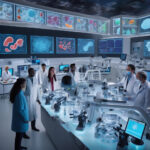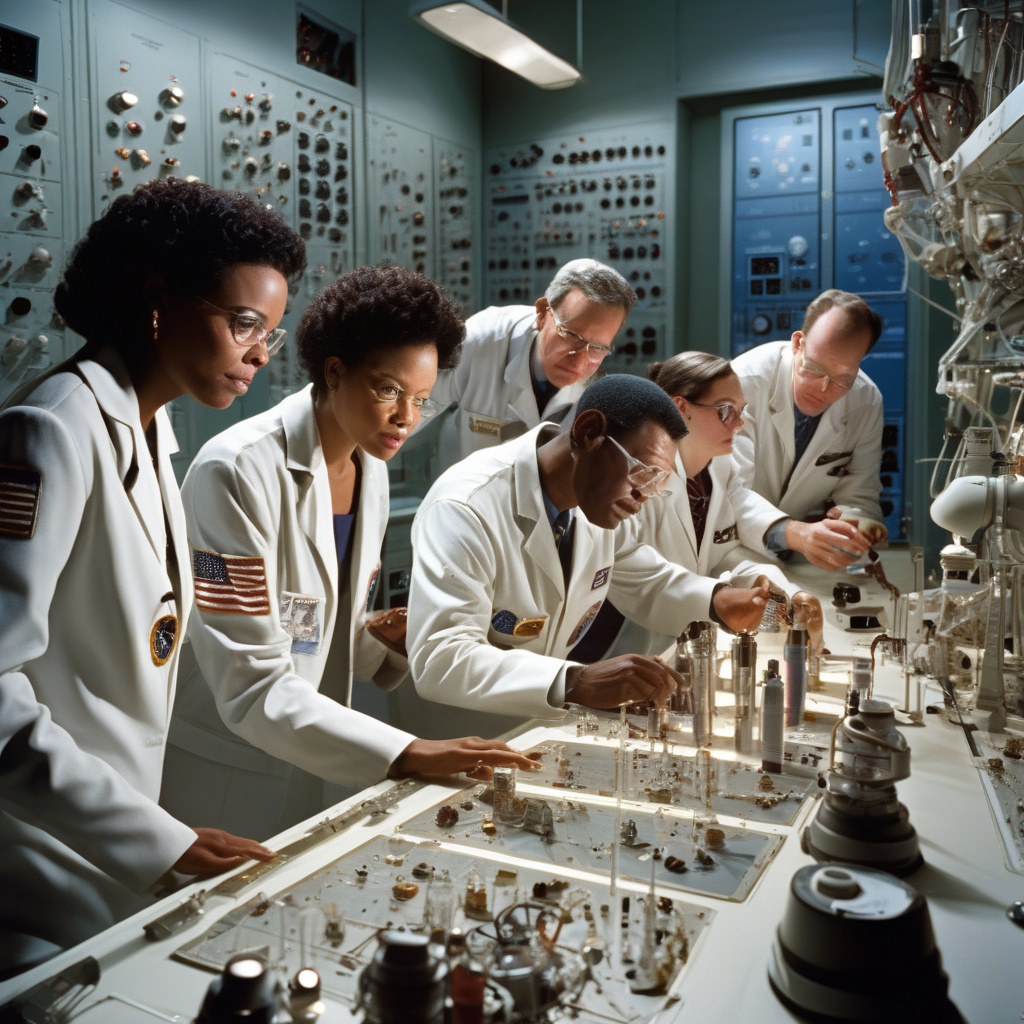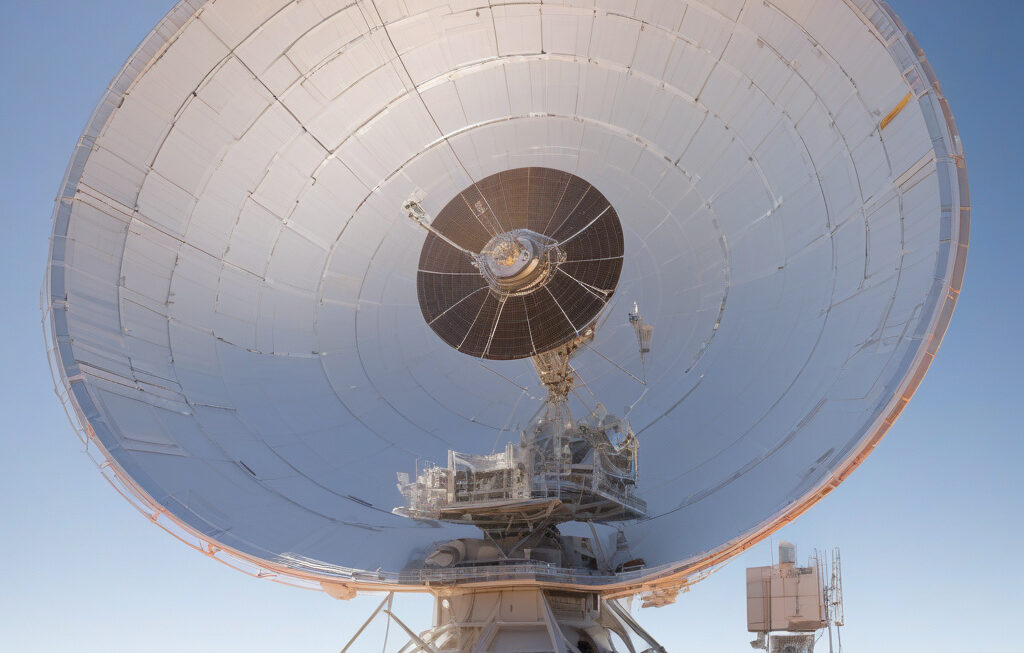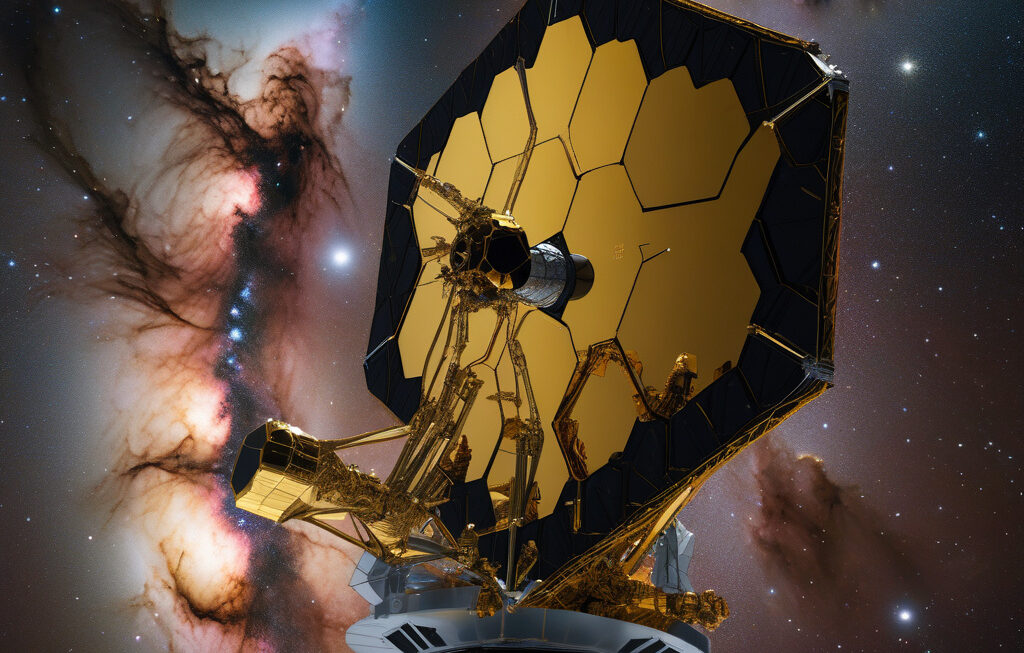World’s First: Human Bacteria Endure Rocket Launch and Re-entry, Boosting Mars Hopes
A “world’s first study” has demonstrated that bacterial spores can withstand the extreme forces associated with a rocket launch and re-entry, opening up possibilities for human colonization on Mars. This groundbreaking research, conducted by a team of scientists led by Dr. Akihiko Yamagishi at Tokyo University, marks a significant milestone in space exploration and the quest for extraterrestrial life.
The study involved sending bacterial spores of Bacillus subtilis, a common soil bacterium found on Earth and known for its ability to form tough spores, into space aboard a rocket. The spores were placed within small capsules and subjected to the intense conditions of a rocket launch, including high acceleration forces and cosmic radiation. After spending six years in space, exposed to the harsh environment outside the International Space Station, the capsules were retrieved and analyzed upon their return to Earth.
Remarkably, the study found that a significant number of bacterial spores not only survived the journey but also retained their ability to germinate and grow. This resilience in the face of extreme conditions bodes well for the potential survival of microorganisms during interplanetary travel, raising hopes for the possibility of life on other planets, particularly Mars.
The findings of this study are particularly significant in the context of ongoing efforts to explore and eventually colonize Mars. The Red Planet, with its harsh environment and lack of a protective atmosphere, poses numerous challenges for human habitation. Understanding how biological organisms, such as bacterial spores, can withstand the rigors of space travel is crucial for developing the necessary technologies to support long-term human presence on Mars.
In addition to its implications for space exploration, the study also has potential applications closer to home. The ability of bacterial spores to endure extreme conditions could have valuable implications for various industries, such as pharmaceuticals, agriculture, and environmental remediation. For example, the use of spore-forming bacteria in bioremediation processes could be enhanced by the knowledge gained from this research.
Furthermore, the study highlights the resilience and adaptability of microbial life, underscoring the importance of studying and preserving Earth’s biodiversity. As we continue to push the boundaries of space exploration and search for signs of life beyond our planet, we must also recognize the value of the diverse ecosystems that exist here on Earth.
As we look to the future, the successful endurance of human bacteria during a rocket launch and re-entry represents a significant step forward in our quest to explore the cosmos. By learning from the remarkable abilities of microorganisms to survive in extreme environments, we are not only expanding our understanding of the universe but also laying the groundwork for the potential colonization of other worlds. The possibilities are truly endless, and the journey to Mars and beyond continues to captivate the imagination of scientists and space enthusiasts alike.
#SpaceExploration, #MarsColonization, #BacterialResilience, #Astrobiology, #InterplanetaryTravel












